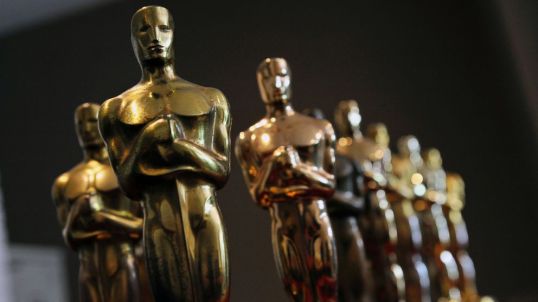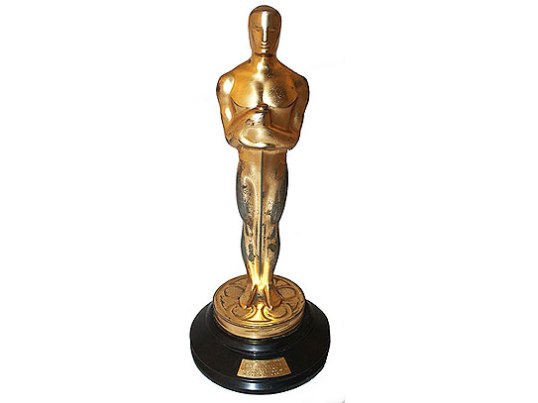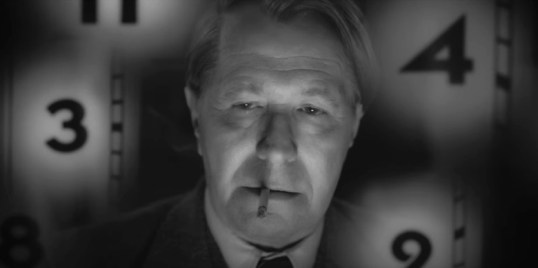(Below, you will find spoilers for the final episode of The Dropout. I would recommend not reading this post until you’ve watched the episode.)
After all the drama and the deception, The Dropout ended the only way that it could, with Theranos in ruins, Sunny out of Elizabeth’s life, and Elizabeth still unable to comprehend why everyone got upset with her in the first place. While George Schultz tries to come to terms with his mistakes and Erika Cheung worries about whether or not she’s ruined her future career by coming out as a whistleblower, Elizabeth tries to do damage control by forcing Sunny out of Theranos and then going on television for a cringey interview that pretty much seals her fate. Both David Boies and Linda Tanner (Michaela Watkins, who became the unexpected heart of this episode) tell Elizabeth that it’s important that she come across as being contrite and sincerely “devastated” by Sunny’s actions. Elizabeth, however, can’t do it. As she explains to her mother, Elizabeth has been locking away her emotions for so long that she no longer knows how to express or even feel them.
The end of the episode finds Elizabeth finally pursuing the life that she would have led if she hadn’t dropped out of Stanford, started Theranos, and gotten involved with Sunny. She’s dating a younger man. She’s going to Burning Man. She owns a dog. She’s ditched the turtleneck. She’s let her hair down. She’s speaking in her real voice. She’s going by “Lizzie.” She’s reverted back to being the somewhat flakey child of privilege that she was at the start of the miniseries. Even while Linda Tanner confronts her with the number of lives that she and Theranos destroyed, Elizabeth doesn’t break her stride. Elizabeth has decided that she’s moved on, even if no one else can. It’s only when she’s alone that she briefly allow her composure to crack, just long enough to scream into the void.
Of course, the final title card informs us that it doesn’t matter how much Elizabeth wants to be Lizzie, the girl who goes to Burning Man with her boyfriend. Having been convicted of defrauding her investors, Elizabeth Holmes is currently awaiting her sentencing. She could end up spending the next twenty years in prison. And, just as Phyllis Gardner predicted in the previous episode, Elizabeth has made it difficult for other female entrepreneurs to find success in Silicon Valley.
As the episode came to a close, with Elizabeth walking through the now empty offices of Theranos with her dog and an increasingly agitated Linda, I found myself thinking about how those offices progressed through the series. Theranos went from a shabby office building in the worst part of town to being the epitome of Silicon Valley chic. In the early episodes, the cluttered Theranos offices and labs were disorganized but there was also a very sincere earnestness to them. Men like Ian Gibbons actually believed in what they were doing. By the fourth episode, Theranos transformed into a secretive place that was fueled by paranoia. With each subsequent episode, the offices became a bit less individualistic and bit more joyless. In the final episode, the offices were dark and deserted, as empty as Elizabeth and Sunny’s promises. Looking at those offices, it was hard not to mourn the lost idealism of those early days. Sunny may have never shared that idealism. The miniseries suggests that Elizabeth lost her idealism as soon as she finally started to get the positive publicity that she craved. But the people who were there at the beginning believed in Theranos and its stated mission. Even Elizabeth’s early investors were taking a chance because they thought she could make the world a better place. In the end, Elizabeth and Sunny betrayed all of them. As I said at the start of this review, The Dropout ended the only way that it could, with an empty office, a lot of broken hearts, and Elizabeth Holmes convinced that the world had somehow failed her. Viewers may never fully understand what was going on in Elizabeth Holmes’s mind but they’ll never forget her or the story of Theranos.
The Dropout was a good miniseries, probably the best that we’ll see this year. This is a miniseries that better be remembered come Emmy time. Amanda Seyfried seems to be a lock to at least get a nomination. Naveen Andrews deserves consideration as well. The supporting cast provides an embarrassment of riches. Sam Waterston, Dylan Minnette, Kurtwood Smith, Michaela Watkins, William H. Macy, the great Stephen Fry, Camryn Mi-Young Kim, Kate Burton, Anne Archer, and Laurie Metcalf, all of them are award-worthy. Give them the Emmy campaign that they deserve, Hulu!
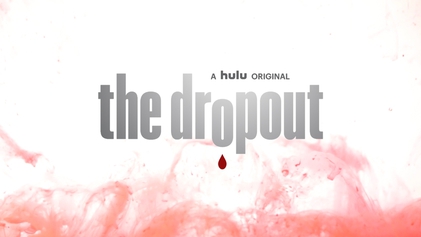
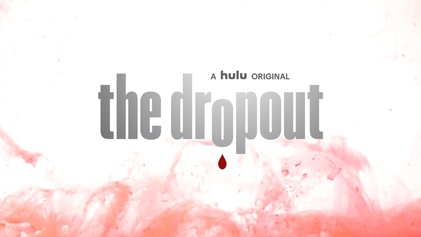 This week’s episode of The Dropout opens with Elizabeth Holmes staring at a camera.
This week’s episode of The Dropout opens with Elizabeth Holmes staring at a camera. 

